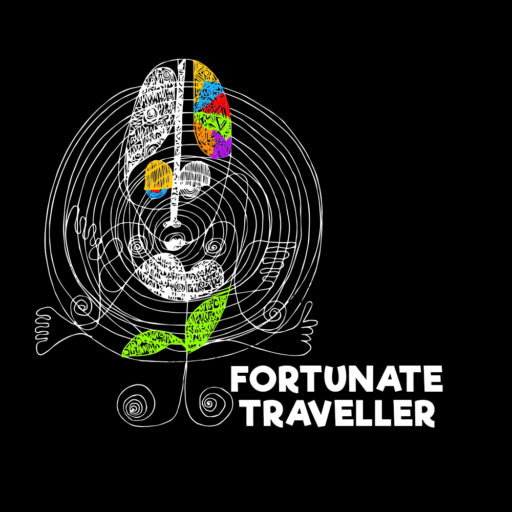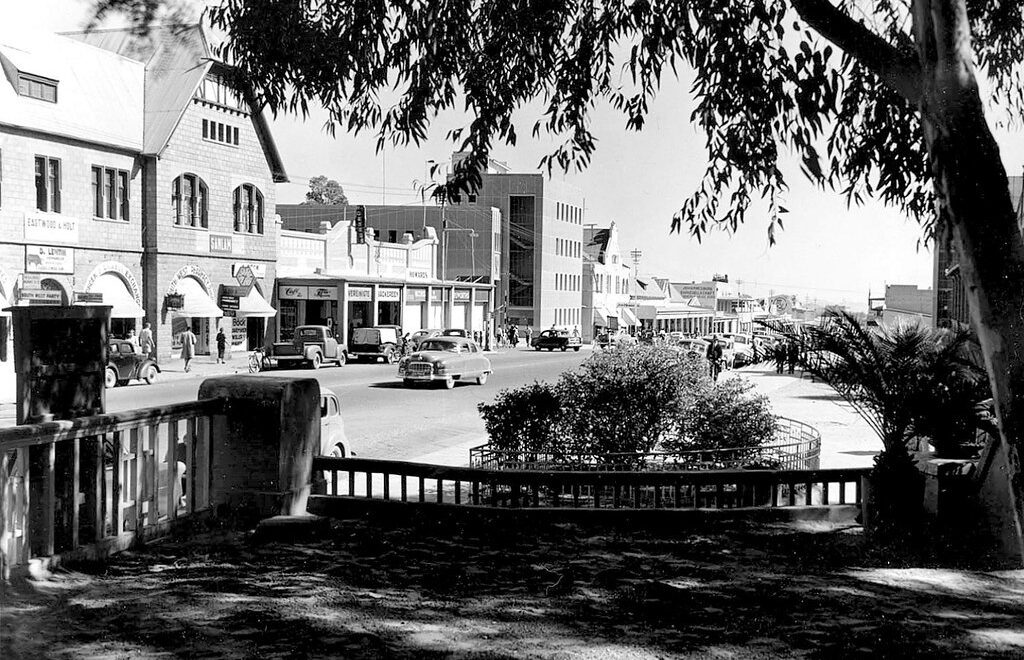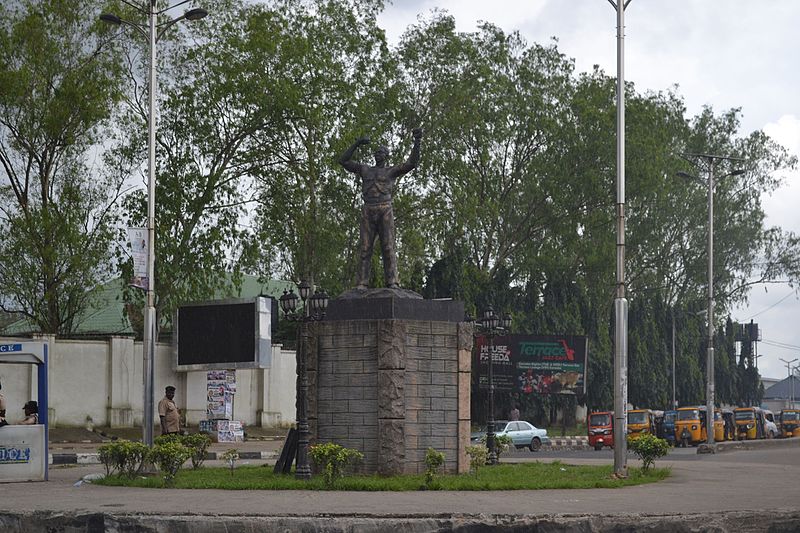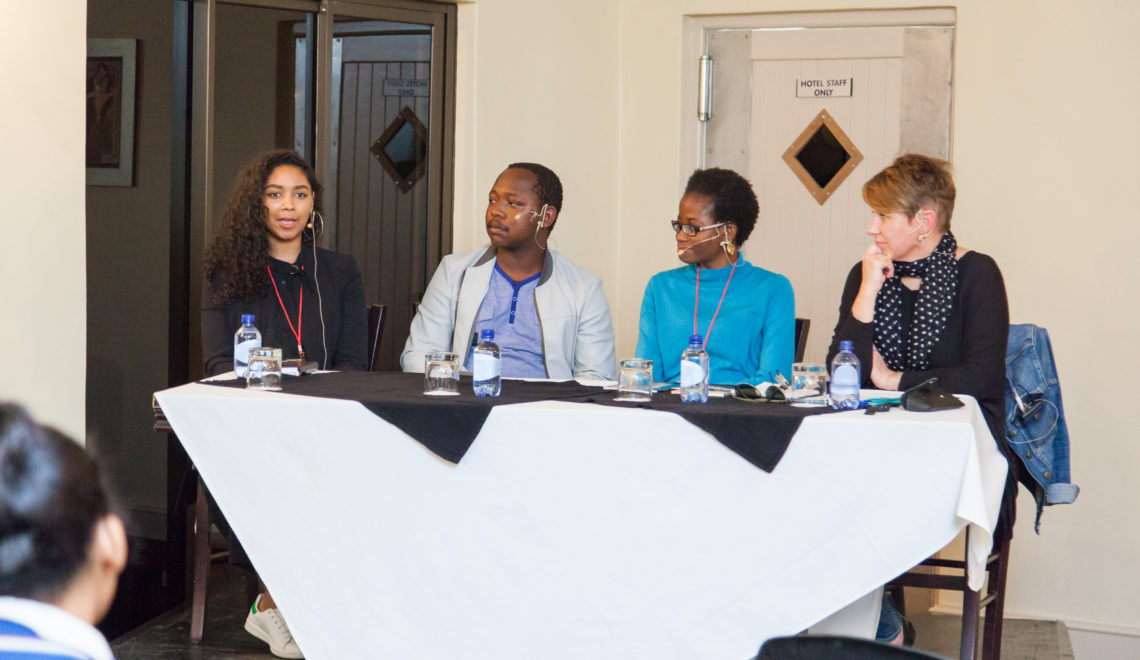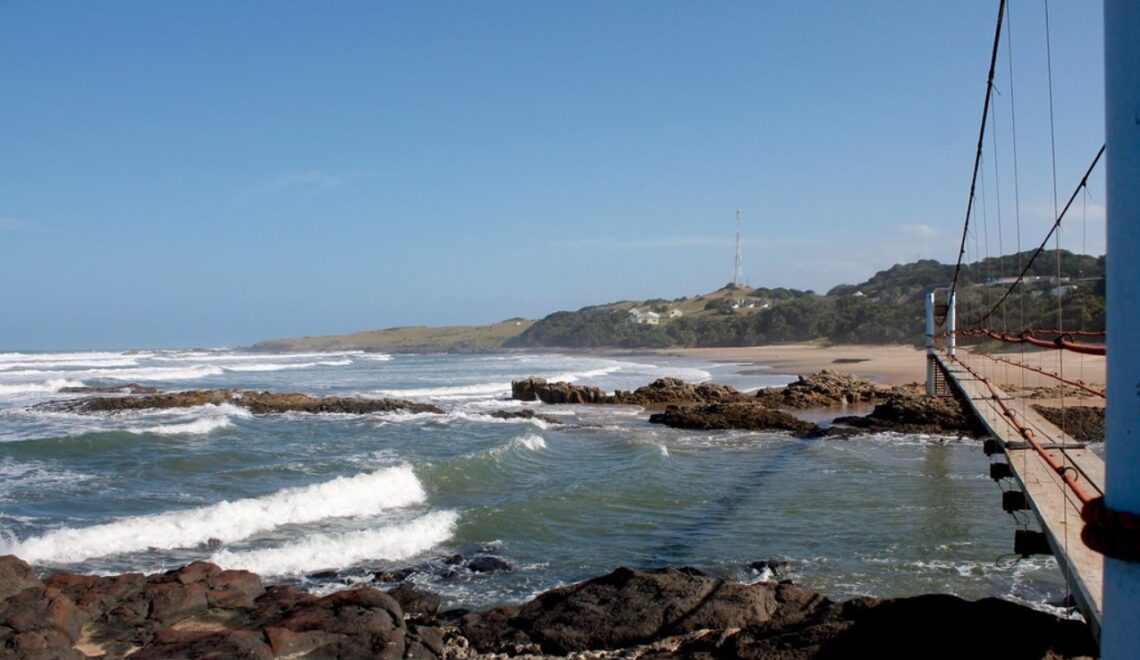
For Benjamin
I
Walk Talk
Walking
We had an idea to take a walk, go
walking, not a stroll and not a hike, just
a walk, going for a walk, knowing you
can stop, feeling the elements: the earth
beneath your feet, the rain waiting, the air
moving, the fire waiting. The walking
world doesn’t pass you by, it comes with you.
You’re not driven and if you’re on the right
bearing, you can always rest. Any place
can be a resting place, a stopping-place,
but some places are better than others.
And you can stop for a bird, or a shell,
or a flower, or a cow. Or a ship.
A plane. Taking a walk, shaping a walk,
is like reading a poem, you’re making
your own way but you have a guide, you don’t
necessarily know where you’re going
but there’s a destination. You can’t walk,
you can’t set out on a walk, take a walk,
make a walk, without choice. You choose to walk,
where to walk, and when to walk. So we talked
about a walk, and we chose a route
and we set a date and we bought a map.
There were times for us when taking a walk
meant unfolding a pram or holding hands,
but that was long ago. Maybe the time
will come when taking a walk will mean ‘Here,
take my arm’ or ‘Where’s my stick?’ But not yet.
So we set out on our walk.
We drove first
to a spot on the coast, a bay, a mooring,
thinking of a schooner and a wild horse
(of the Steppes). We’d hear beach under our feet,
feel wind off the waves, tide moving the sea,
imagining the fire. All the elements
would be there in our walk, in its future,
in its past. A walk immerses us in
our present, invests in our future. We
would walk far from the cities, even from
the highways, it would be a few days only,
a few days taken from time, a keeping
time, in time. We would pack for the journey,
we would be independent but in touch,
equipped and provisioned, but reaching out,
wending, wandering, wayfaring, walking.
II
Journal
The Way Out
We drive that we may walk,
Turn off at Butterworth
Into the green hills
Of the warrior and the missionary,
Of hunters and ploughmen,
Of shipwreck survivors,
Search and rescue. Remember
POQO and the Bashee bridge?
This is a new millennium.
For our serious leisure
We prepare with a night
At the first landfall hotel.
Setting Forth
East from Mazeppa Bay, into
African hospitality,
We follow our roteiro
Between land and sea:
We carry a change of clothes,
Bottled water, sleeping bags, dried food,
A map, a pack of cards,
The wind of words.
Across degrees of empire
Along parallels of prophecy
Between the meadow and the main:
To Dwesa and back.
Crossing the Qora Mouth
When our first river
Cut across the beach
We stripped to our jocks
Hoisted our backpacks
High above our heads,
Like bearers of trade goods,
And waded into
Uncertain depths.
Tide and torrent
Want us for the sea.
On the further shore
We rest for tea.
Driftwood
First suck trees dry,
Find their anatomy,
To decorate the sand
With candelabra,
Trophies of the hunt,
The toys of Titans,
A crucifix,
Reclining nudes.
Unshaven looters
Emerge from beach bush,
To rake the gallery
And burn the lot.
Making Camp
Since the sun passed overhead
We have been looking:
What we need is open ground,
Dry, grassed, out of the wind.
The riverside is humming
With mosquitoes, the level crown
Too high. We settle for a gentle
Slope, and pitch our tent
Against the bush. In the last light
A silhouette of cattle
Cross the field. The herd’s greeting
Is a welcome from the dark.
At Shixini Mouth
Green heights in shadow.
The river’s mouth seems pursed,
Hoarding the meagre bounty
Of its flow. But the deep beach
Breaks at a narrow stream
And we must strip again.
To keep our trappings dry
We wrap our back-packs
Into refuse bags. Could we survive
Without them? Keeping our heads
Above water, we make the crossing
And rejoice.
Mussel-gatherers
One by one a family:
Mother and father on the rocks,
Sketched in the spray,
Two children at the shallows
With soused hessian sacks.
The parents bend to their work
Delicately, with precision.
I am carrying
A memory of pasta al vongole
On a distant beach:
Of Bhengu, and the people
Of Pissarro.
Looking for Fresh Water, eSihlanini
We have drunk from springs
Trickling into the sand
But we cannot trust
These brown rivers.
Guided by a road-builder
From the city, we approach
The village elder.
‘We do not water cattle
At this river Nqabara,
But you can drink
At Nqabarana.
Cross at the drift.’
Cribbage
Supper was noodles
In a polyglot sauce,
So crack the trading-
store-bought deck
And cut for deal. No board,
But still, we peg
And find fifteens,
Calculate the combinations.
One for his knob.
Hugging our hearth
For heat and light
Is playing with fire.
Dwesa
Long sweep of beach
Keeps the caravan park
Beyond our reach.
Wind and rain sting our backs.
Here we must pay:
The men in uniform
Are being served.
Two friendly fishermen
Have travelled south
For elf, or shad.
You throw a hand line
In. The weather’s right.
At Nqabara Mouth
The tide is high,
The sun is shining
And we have time to lie
In the shade and wait.
We talk and read:
You take occasional soundings
And look for driftwood
To make a raft.
Until a boy on holiday
Comes down to the sand
With his canoe
And ferries us across.
Frontier 11 1938
Name and date are on the map:
Here, a rusty arthritic hand
Grows like a stain
From the beach.
We walk between the ribs.
Are we ever more secure
Than this? Will there be
No more sea?
A smell of foetid cargo
Over the rich kelp:
I hear the creaking oak
And cries for help.
Jujura
From the rocks
Beyond the blind mouth
A fisherman
Points his rod south.
We traverse dry-footed
And rest in the pocket
Of a bay: accompanied
By vygies and marigolds,
We boil brak water for tea,
Listening for the villages
Out of sight
Above the river.
On the Beach
The cattle come
To escape the flies.
Ruminating
On the salt prairie
A cow keeps company
With a kwedin.
We exchange greetings,
To register
The limits
Of our commonwealth.
This tail is sweeping
Like a metronome.
Moon and Stars
After supper
We talk in low voices
At the water’s edge,
Of what we have seen
On our pilgrimage
Without a shrine.
We have walked together,
Held our line.
The sea is moonlight:
Shells at our feet,
And in the sky
A field of stars.
Whales
Drunk on the morning
We waive the right to air
And swim in the new surf.
Now we could break
The slight membrane
Of this wild coast.
Drying on the beach
We see whales
Blowing beyond the bay.
Through the spare light
We stretch to hear them
Playing our song.
Gathering Fuel
Three boys are gathering fuel.
Two scavenge while the third
Drives a sled –
A trunk forked
like Goliath’s catapult –
Drawn by a coal-black ox.
Their woodpile
Is intricately balanced.
Young Jehu
Cracks his whip.
The ox moves
At another pace.
‘Remarkable Sandhill’
On the route to India
The sailors could not see
All we have seen:
They marked the map
‘Remarkable sand-hill,
Two forests,
Rocky cape.’
Rounding our last bend
We see the signs again
And recognise
That we are back
Where we started from.
Press play to watch Tony Voss read his poems.
III
Remembering
Remembering
The sea was shining and the hills were green,
The sunrise read the horoscope of day,
Time and topography showing the way,
Along the beach that beckoned in between.
The sunrise read the horoscope of day,
Anticipating river and ravine:
Along the beach that beckoned in between,
Look to a haven only days away.
Anticipating river and ravine,
The restless tide that punctuates the day,
Look to a haven only days away,
The ever hoped-for and the unforeseen.
The restless tide that punctuates the day,
The ocean bearing dolphin and baleen,
The ever hoped-for and the unforeseen:
All blossoms in a maritime bouquet.
The ocean, bearing dolphin and baleen
Presents the shore in all its fine array:
Blossoming in a maritime bouquet,
The sea was shining and the hills were green.
 Tony Voss was born in Swakopmund, in what is now Namibia, but was then known as South-West Africa, in 1935. He grew up in Karasburg and Keetmanshoop in the south of the country and went to boarding school in Cape Town, at St. George’s Grammar School. He studied further at Rhodes University, Grahamstown, and the University of Washington, Seattle. After a career teaching English literature in universities in Africa, he retired in 1995 and he and his wife Carol now live in Sydney, Australia, where two of their children also live. Their other three children live in South Africa. Tony Voss’s first book of poems, The Mushroom Summer of Skipper Darling, was published in 2019 (London/Cape Town: Crane River).
Tony Voss was born in Swakopmund, in what is now Namibia, but was then known as South-West Africa, in 1935. He grew up in Karasburg and Keetmanshoop in the south of the country and went to boarding school in Cape Town, at St. George’s Grammar School. He studied further at Rhodes University, Grahamstown, and the University of Washington, Seattle. After a career teaching English literature in universities in Africa, he retired in 1995 and he and his wife Carol now live in Sydney, Australia, where two of their children also live. Their other three children live in South Africa. Tony Voss’s first book of poems, The Mushroom Summer of Skipper Darling, was published in 2019 (London/Cape Town: Crane River).
Cover photo credit: Sharon du Plessis
